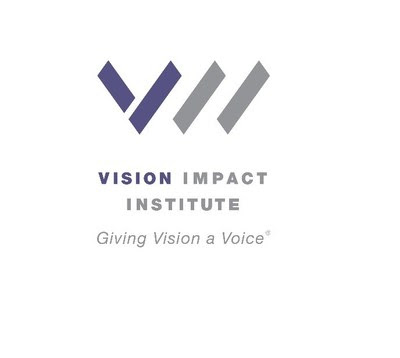Highlights
By the end of June, the early stages of the rainfall season are coming to an end. So far, the 2022 rainy season in West Africa has been characterised by variable conditions. Over the course of the month, rainfall deficits were particularly pronounced during the first dekad of June and mainly affected the Central Sahel (western Niger, north-eastern Burkina Faso, eastern Mali), central Mali, eastern Guinea, western Cote d’Ivoire, south-western Cameroon and the Lake Chad Basin. Over the course of the month of June rainfall improved and offset some of the early season deficits recorded in the westernmost parts of West Africa (Senegal, southern Mauritania, Guinea-Bissau), as well as in central Burkina Faso, central Chad and central Niger. Coastal countries including Benin, Togo, Ghana, parts of Nigeria and southern Cameroon, as well as the south-eastern parts of the region (southern Chad and CAR) benefitted from favourable rainfall conditions in June.
Over the past two (2) months (May-June 2022), the conditions reflect the patterns observed in June, with overall mixed conditions across the region. While some areas including the western (Senegal, southern Mauritania, Guinea-Bissau), southern (Ghana, Benin, Togo) and south-eastern (southern Chad, CAR, southern Cameroon) parts of the region experienced above normal rainfall, the seasonal rains were normal to below normal in the rest of West Africa. Particularly in the Central Sahel, the Lake Chad Basin, northwestern Nigeria and western Cote d’Ivoire, moderate to severe rainfall deficits were recorded during this period. While especially in the Sahelian areas these are unlikely to significantly impact the agricultural season, which usually starts a bit later, the progression of the rains in these areas will need to be monitored closely.
Vegetation conditions are below average over a wide area in the Sahel from western Mali across Burkina Faso and northern Nigeria to southern Chad. Vegetation deficits are particularly pronounced in the eastern parts of the region (in northern (Benin, Togo and Nigeria) and southern Chad). In some areas, these conditions are expected to improve due to above normal rains received in mid to late June. On the other hand, better than normal vegetation conditions can be observed in Senegal, northern Niger and Chad, where above normal rainfall was received in early June.
The short-term forecasts indicate that by early-July (10 July 2022), seasonal rainfall will likely be above average in the western part of the region (in Senegal, southern Mauritania, Guinea Bissau) as well as over western Guinea, Sierra Leone, western Liberia as well as south-eastern Cameroon and CAR. This might partially offset the rainfall deficits in the western parts of the Sahel (Senegal, southern Mauritania, and Guinea Bissau) and the lead to more favorable conditions during the early stages of the growing season.
According to the 2022 PRESASS seasonal forecast, average to above average seasonal rainfall is expected in most of the Sahelian Belt (from Senegal through to Chad), including Cabo Verde. Average to below average rainfall is expected in south-eastern Nigeria and south-western Cameroon. The seasonal forecast also suggests that the start of the season will be early to normal, with shorter than normal dry spells during the first half of the rainy season across the Sahelo-Sudanian zone.
Source: World Food Programme

